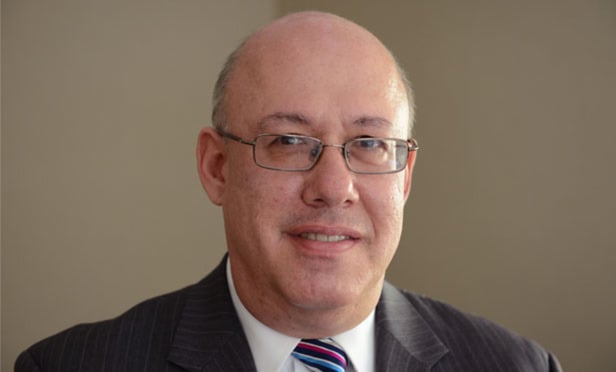One of the most pressing issues facing our legal profession, whether you are a solo practitioner or from a large firm, is the need for cybersecurity protection of confidential and proprietary client and law firm electronic information. Thus, on June 13, 2020, the House of Delegates of the New York State Bar Association (NYSBA) overwhelming approved the Report of the Committee on Technology and the Legal Profession, presciently proposed prior to the pandemic, to recommend to the New York State Continuing Legal Education Board that the biennial CLE requirement be modified to require one credit of cybersecurity for each of the next two-year CLE cycles.
The Report was supported by the NYSBA Committee on Continuing Legal Education. In addition, it was supported by the Young Lawyers Section, the Elder Law and Special Needs Section, and the Women in the Law Section, as well as substantive sections consisting of the Trial Lawyers Section, the Commercial and Federal Litigation Section, the Corporate Counsel Section, and the Trusts and Estates Law Section. Only the State and Local Government Section opposed the Report. If approved by the CLE Board, New York State would be the first state in the nation to have a cybersecurity CLE requirement.


 Mark A. Berman
Mark A. Berman





